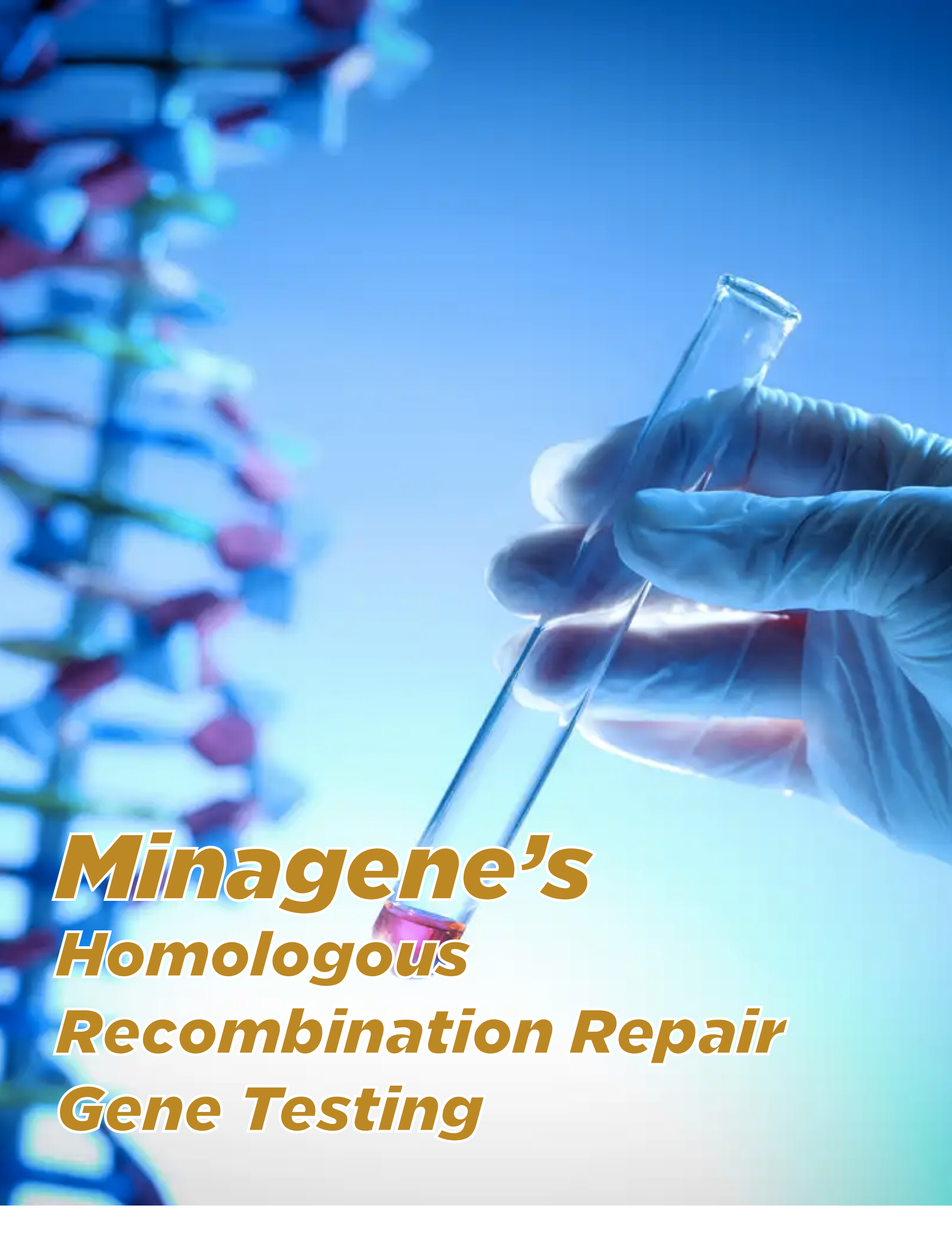
Overview
Minagene's Carrier Screening Test provides comprehensive
mutation analysis to assess reproductive carrier statuses
for autosomal recessive and X-linked genetic disorders.
As a physician, understanding your patient's risk levels
empowers informed family planning choices.
Methodology
Minagene utilizes next-generation
Minagene utilizes next-generation sequencing (NGS) and multiplex ligation-dependent probe amplification (MLPA) to comprehensively detect all known common and rare disease-causing variants. Our scientific team adheres to guidelines from the American College of Medical Genetics and Genomics (ACMG) to ensure the highest quality and most up-to-date testing standards.
Key Highlights of Minagene's Carrier Screening:
Accuracy
Minagene’s CLIA/CAP accredited and ISO 15189 certified laboratory utilizes rigorous quality control checks to ensure over 99.9% accuracy in variant identification. The combination of NGS and MLPA methods allows for comprehensive detection of all mutation types.
Interpretability
Genetic counselors generate clear, easy to understand reports highlighting clinically significant findings and residual risks. Counseling is available to help clinicians clearly communicate results and recommendations to patients.
Breadth of Coverage
With over 2000 genes included, Minagene’s Carrier Screening test has the most extensive screening panel available. It identifies variants across the widest range of autosomal recessive and X-linked conditions.
Turnaround Time
Results are prioritized to be delivered within industry-leading windows to facilitate prompt family planning decisions
Ethnicity-Agnostic
The latest sequencing and analytical technologies provide assured detection of variants in all populations for uniform screening utility worldwide.
When to consider Minagene’s Carrier Screening.
Preconception Carrier Screening
For all couples considering pregnancy, genetic testing allows identification of carrier statuses to assess recessive disease transmission risks and assist family planning.
Prenatal Diagnosis
Minagene’s carrier screening test detects variant patterns that can guide invasive prenatal testing options like amniocentesis when coupled with a previous affected family history or ultrasound findings.
Reproductive Decision-Making
Results empower couples and providers to make well-informed choices about pursuing pregnancy, using preimplantation genetic testing, or considering alternative fertility treatments and family planning strategies
Recurrence Risk Assessment
Families with a history of genetic disorders benefit from delineation of residual risk levels to budget care, support, and facilities required for an affected offspring.








